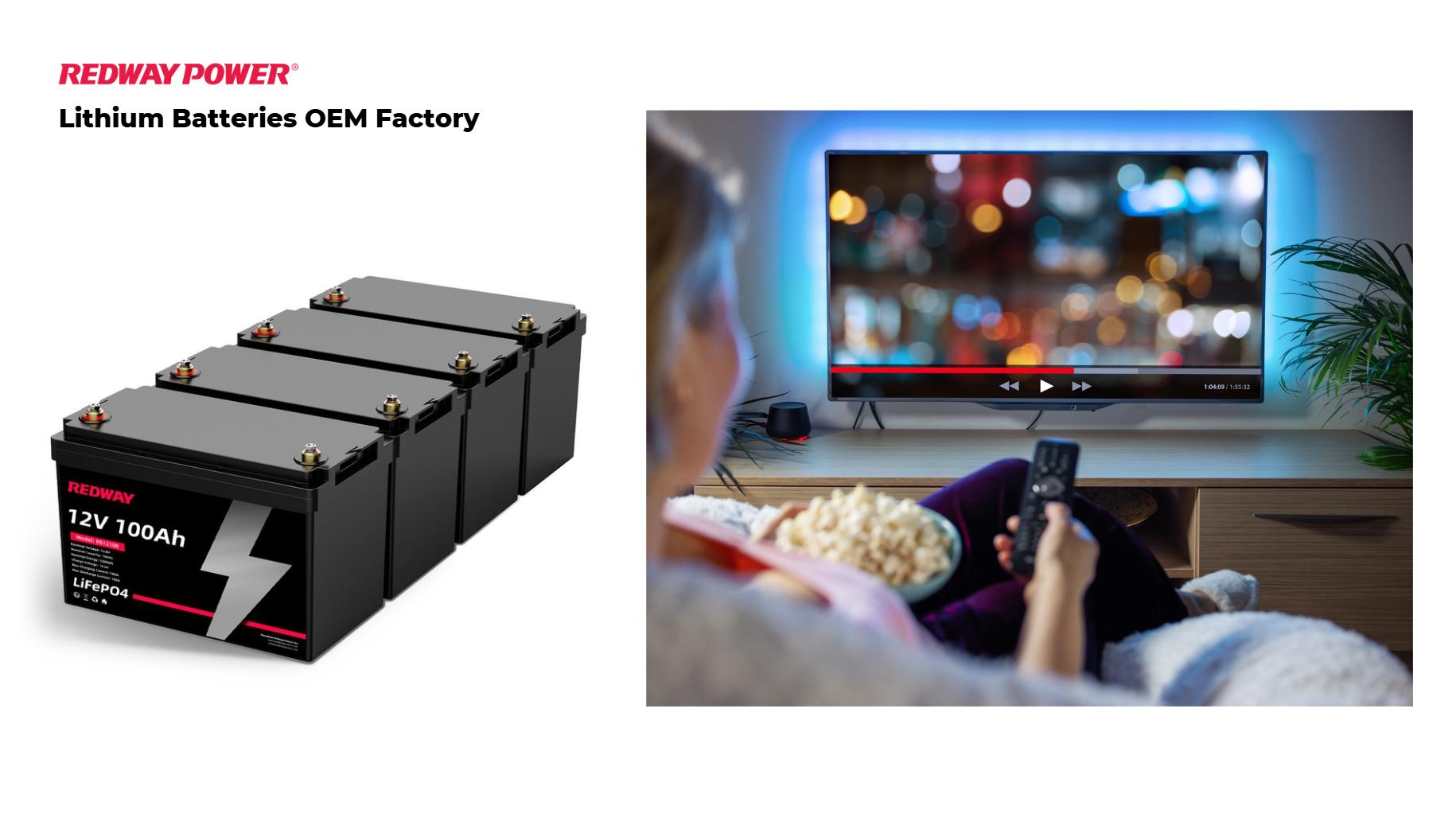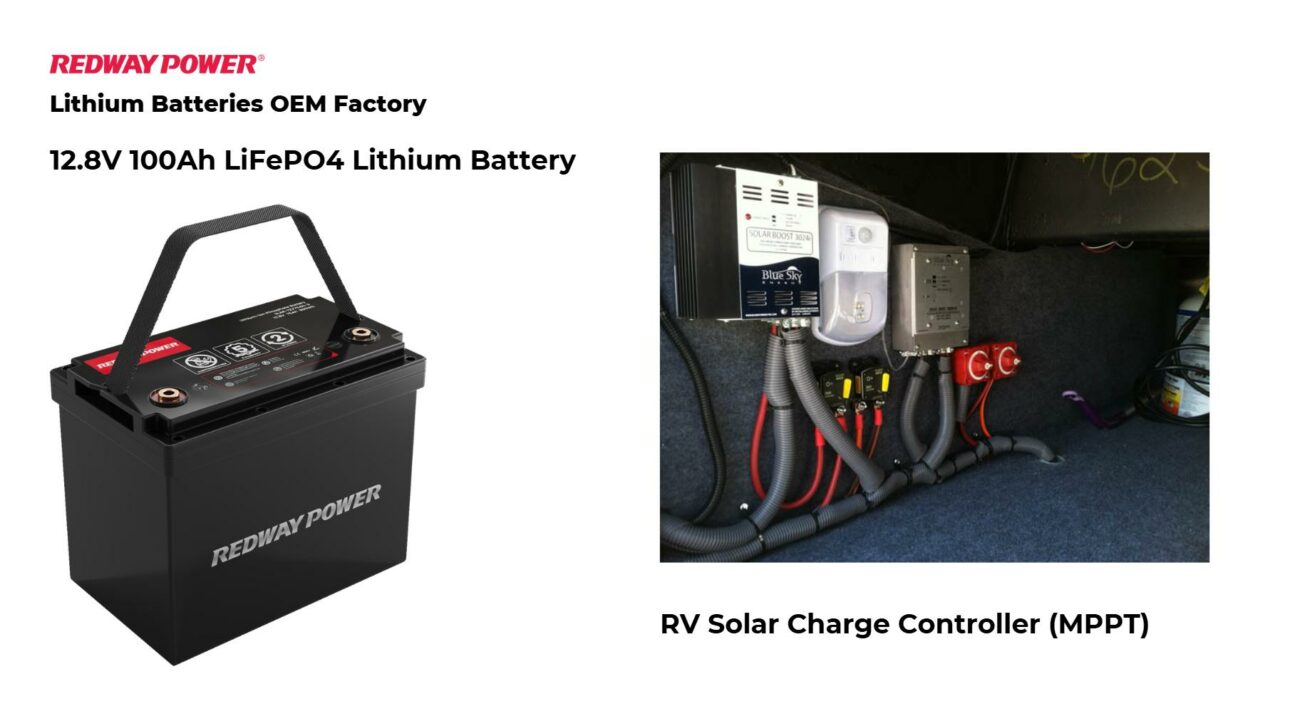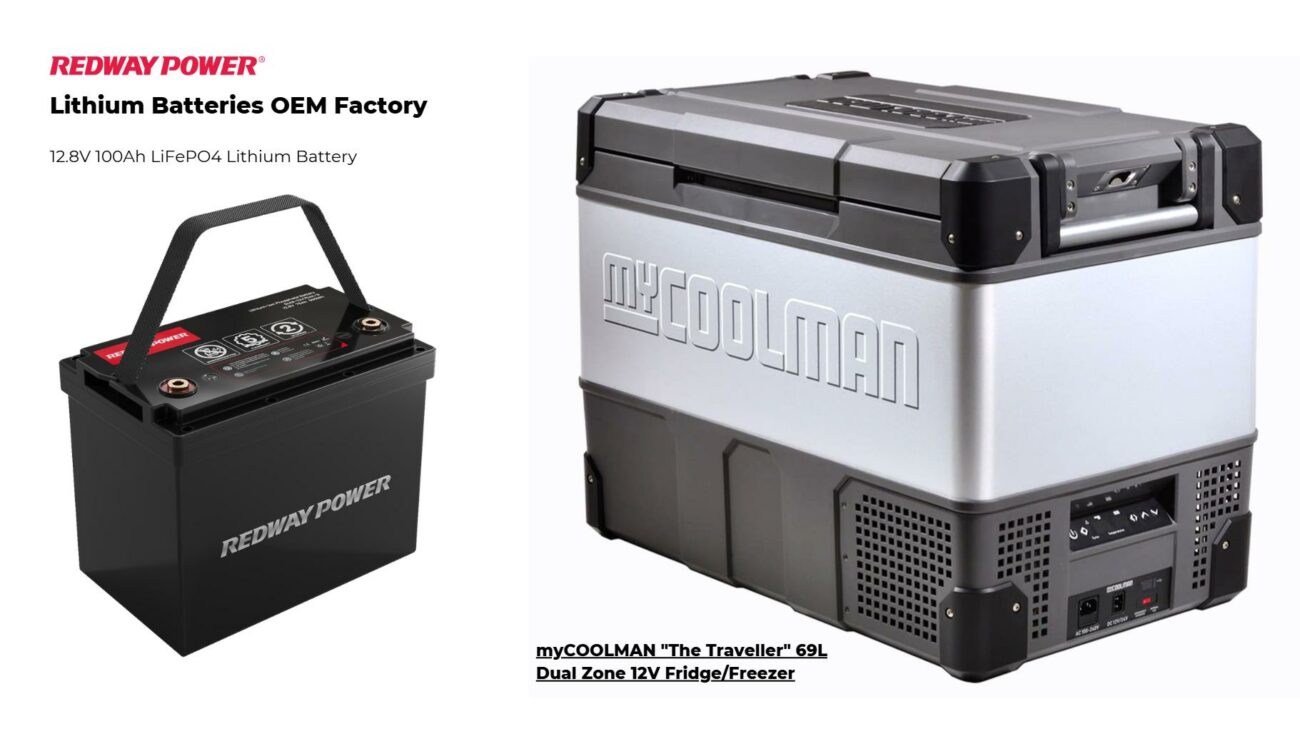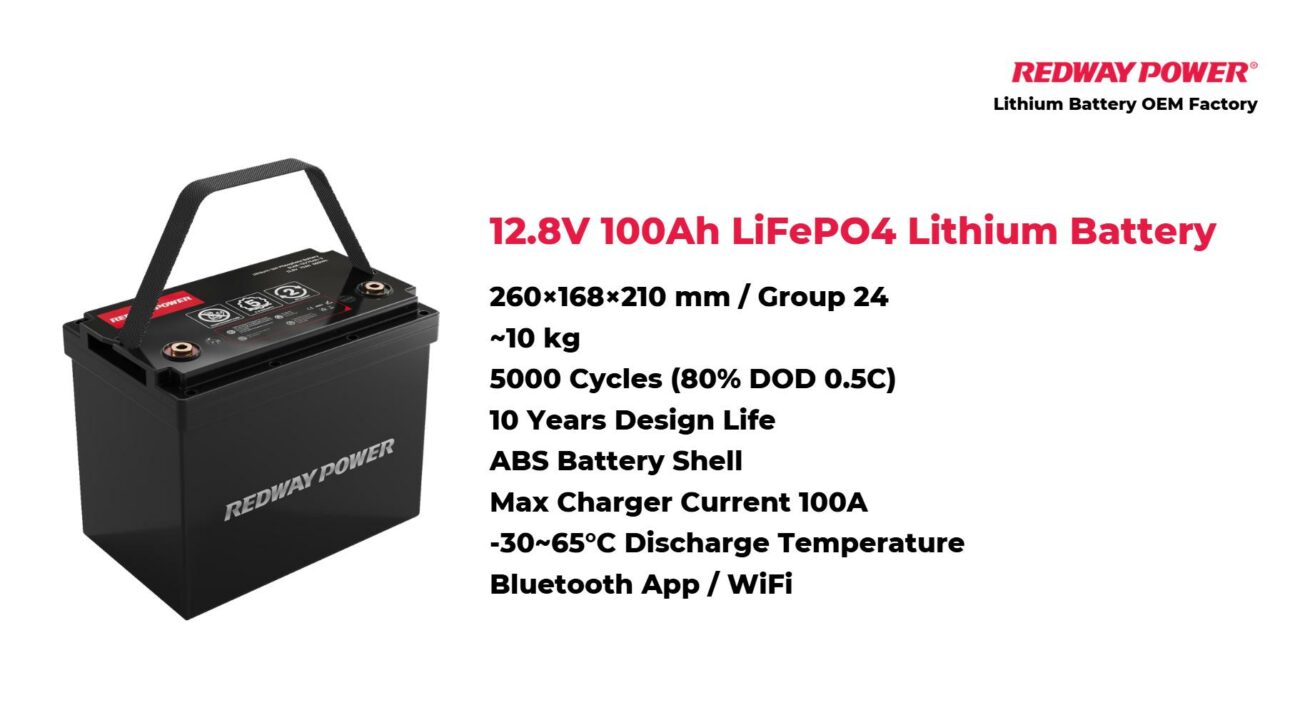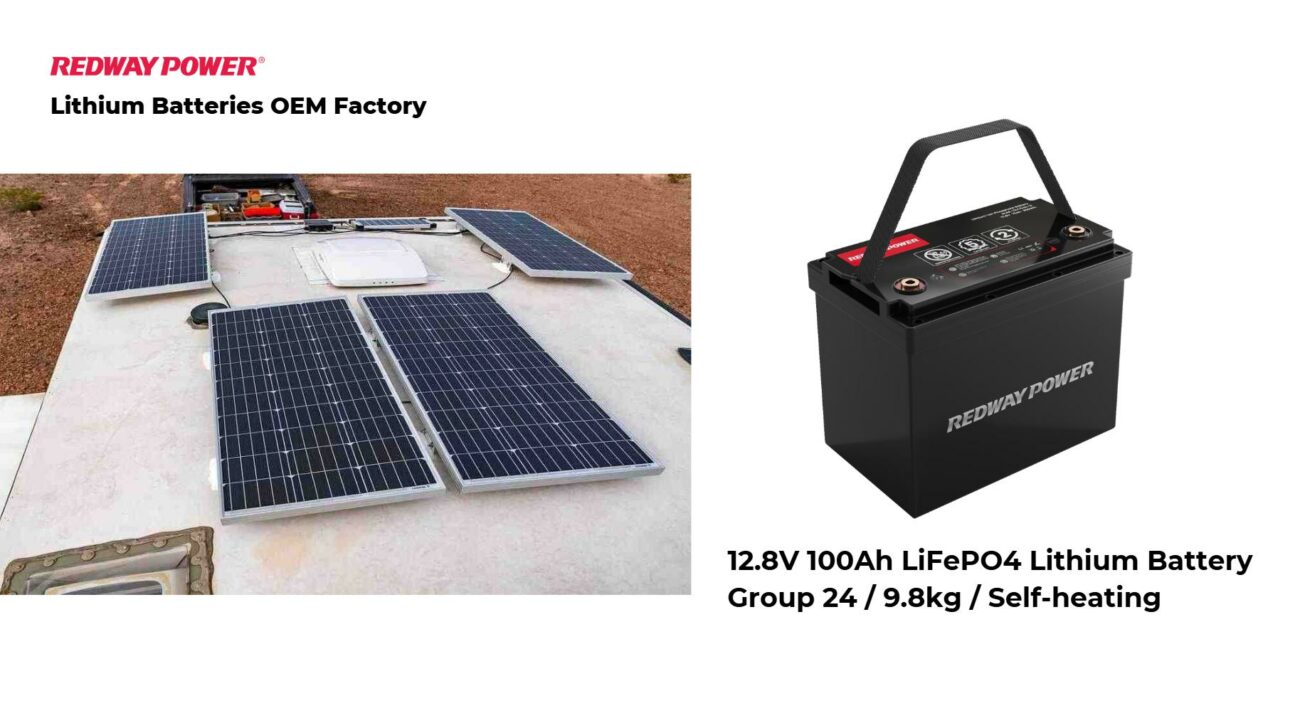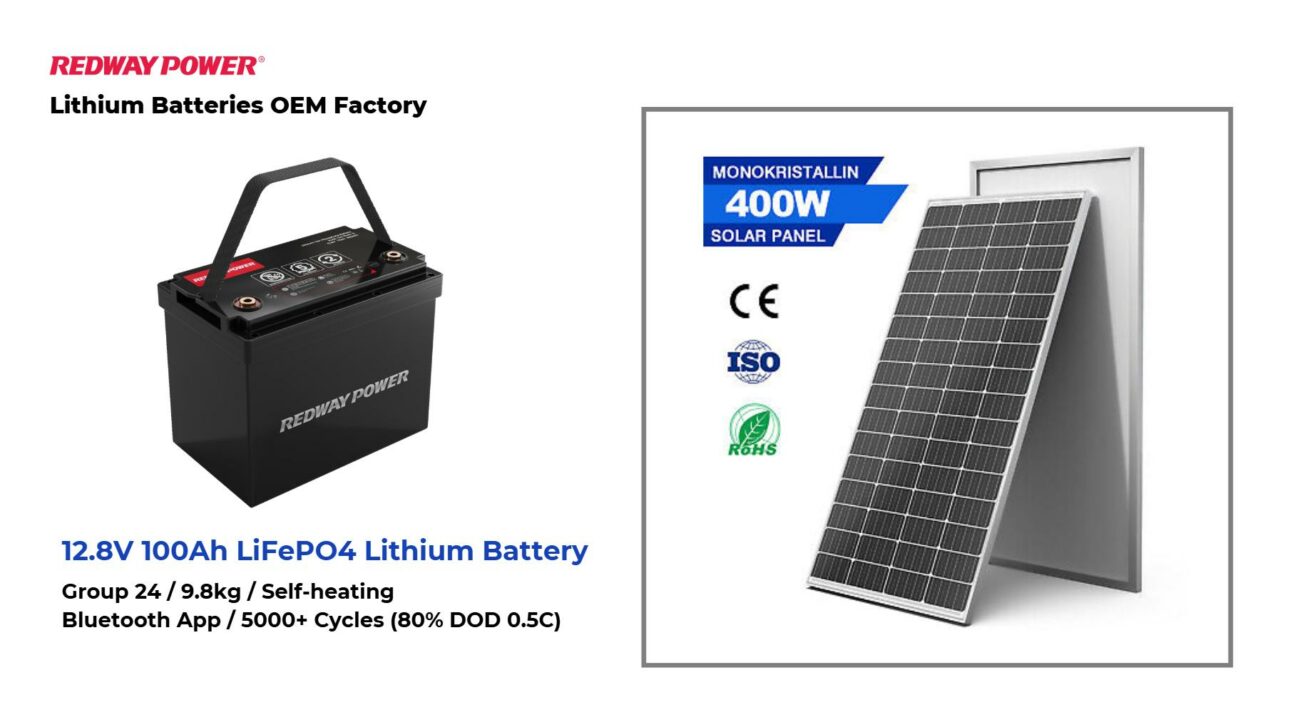When it comes to ensuring uninterrupted entertainment during power outages or off-grid adventures, understanding how long a 100Ah battery can power your TV is essential. This article provides a detailed analysis of the runtime of a 100Ah battery when used to run a television, exploring various factors that influence performance.
A fully charged 100Ah battery can run a TV that uses about 100 watts for approximately 12 hours. This estimate is based on the TV drawing around 8.33 amps at 12V. Keep in mind that actual runtime may vary due to efficiency losses and other devices connected.
Understanding Battery Ratings and TV Power Consumption
To determine how long a 100Ah battery will last when running a TV, we first need to understand the key components involved: the battery’s amp-hour (Ah) rating and the TV’s power consumption in watts.
A 100Ah battery signifies that the battery can supply 100 amps of current for one hour before needing to be recharged. In practical terms, this translates to a battery that can deliver 1 amp for 100 hours, or 0.1 amps for 1000 hours, assuming full discharge capability.
Power Consumption of Different TVs
The runtime of a 100Ah battery largely depends on the power consumption of the TV. Televisions come in various sizes and technologies, each with different power requirements:
- LED TVs typically consume between 30-60 watts.
- LCD TVs generally use between 60-150 watts.
- Plasma TVs, known for their higher power draw, can consume between 150-300 watts.
Calculating Runtime for Different Battery Types
Lithium Batteries
A 12V 100Ah lithium battery is renowned for its efficiency and longer lifespan compared to other types. Lithium batteries can often be discharged up to 80% without significant degradation, offering a usable capacity of about 80Ah.
To estimate the runtime for a lithium battery, follow these steps:
- Determine the TV’s power consumption in watts.
- Convert the battery capacity from Ah to watt-hours (Wh) by multiplying the amp-hour rating by the battery voltage. For a 12V 100Ah battery, this equals 1200Wh.
- Calculate the runtime by dividing the battery’s watt-hour capacity by the TV’s power consumption. For a TV using 60 watts, the calculation would be:Runtime=1200Wh/60W=20 hours
Thus, a 12V 100Ah lithium battery can typically provide about 15-20 hours of continuous viewing time for a TV with moderate power consumption, assuming optimal conditions.
Lead Acid Batteries
12V 100Ah lead-acid batteries have a lower depth of discharge (DoD) compared to lithium batteries, often limiting usable capacity to around 50% to 60% to preserve battery health. This yields an effective capacity of approximately 50-60Ah.
Using the same calculation method:
- Convert the usable capacity to watt-hours:12V×60Ah=720Wh
- Divide by the TV’s power consumption:Runtime=720Wh/60W=12 hours
Therefore, a 12V 100Ah lead-acid battery might power a TV for approximately 7-10 hours, depending on the specific power draw of the TV and the battery’s discharge rate.
Factors Affecting Battery Runtime
Depth of Discharge
The depth of discharge (DoD) is a crucial factor. For lithium batteries, a higher DoD is acceptable, providing longer runtime before recharging. Conversely, lead-acid batteries benefit from a shallower DoD to extend their lifespan and maintain performance.
Inverter Efficiency
The efficiency of the inverter used to convert DC battery power to AC power for the TV also impacts runtime. Inverters typically operate at 85-95% efficiency, which means some energy is lost in conversion. This loss must be factored into runtime calculations.
Battery Age and Condition
The age and condition of the battery affect its capacity. Older batteries or those that have undergone significant wear and tear may not deliver their rated capacity, leading to reduced runtime.
TV Usage Patterns
Runtime can be influenced by the TV’s usage patterns. Continuous, high-brightness settings, or the use of additional devices connected to the TV, can increase overall power consumption, thereby reducing the battery’s effective runtime.
Choosing the Right Battery for Your Needs
When selecting a battery to power your TV, consider the following:
- Battery Type: Lithium batteries, although more expensive, offer greater efficiency and longer life. Lead-acid batteries are a more cost-effective option but have a shorter lifespan and lower DoD.
- Capacity Requirements: Assess your TV’s power consumption and your typical viewing hours to determine the appropriate battery capacity. Larger batteries provide extended runtime but come at a higher cost and require more space.
- Additional Factors: Ensure the inverter’s efficiency matches your needs and check the battery’s condition regularly to maintain optimal performance.
Estimating TV Runtime with a 12V 100Ah Lithium Battery
Conclusion
In summary, a 100Ah battery provides varying runtimes depending on battery type and TV power consumption. A 12V 100Ah lithium battery typically offers a runtime of 15-20 hours for a TV, while a 12V 100Ah lead-acid battery might provide 7-10 hours. Understanding these factors allows you to make an informed decision about your power needs and ensure reliable TV usage during off-grid situations or power outages.


